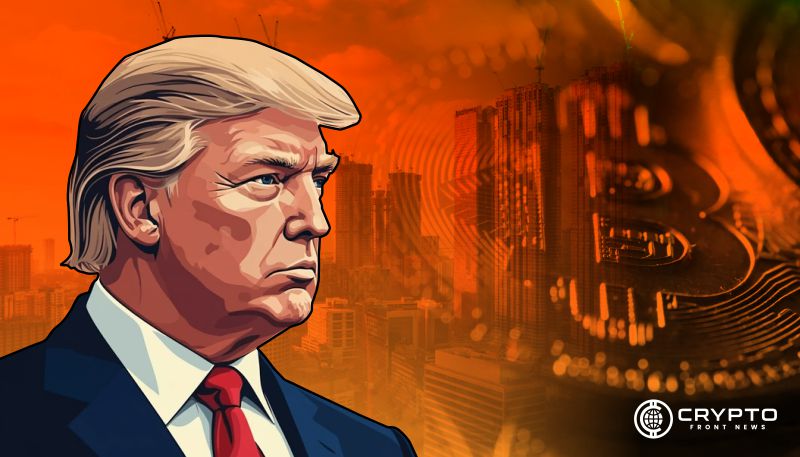- Steve Miran appointed to lead Trump’s Council of Economic Advisers, focusing on tax, tariffs, and inflation.
- Miran acknowledges Bitcoin’s economic impact but remains cautious about its role in inflation.
- Miran’s economic policies aim to revitalize manufacturing and increase household incomes.
President Donald Trump has nominated Steve Miran, a former senior economic adviser from his 2016 Treasury Department, to head the Council of Economic Advisers (CEA) for his second term.
Miran’s appointment places him at the heart of Trump’s economic strategy, focusing on tax cuts, tariffs, and addressing inflation. While Miran’s stance on Bitcoin has sparked interest, his role as a key figure in shaping U.S. economic policy remains his most significant task.
As the newly appointed chair of the CEA, Steve Miran will advise President Trump on economic policy matters. His focus will include managing inflation, pushing for tax reforms, and advocating for tariffs, all to promote economic growth. Trump expressed confidence in Miran’s abilities, stating that his leadership would help produce an economic boom benefiting all Americans.
Miran’s expertise will be crucial as Trump seeks to implement policies to revitalise U.S. manufacturing and boost household incomes. The economic agenda, which helped secure Trump’s re-election and a Republican majority in Congress, faces scrutiny from economists concerned about its potential side effects, such as increased consumer prices and national debt.
Steve Miran has voiced a nuanced perspective on Bitcoin, which has captured the attention of the cryptocurrency community. While not a Bitcoin maximalist, Miran acknowledges the cryptocurrency’s economic impact, especially in the context of inflation.
He has expressed scepticism about Bitcoin’s role as a “safe haven” asset during periods of Federal Reserve rate hikes, a viewpoint that contradicts the opinions of some prominent investors like Cathie Wood.
Miran has also linked the rise of cryptocurrency and meme stocks to inflationary pressures. In a 2023 statement, he suggested that the wealth effects from these phenomena had contributed to labour force shortages, a key driver of inflation.
Despite this, Miran has admitted to gaps in his understanding of the cryptocurrency market, particularly in assessing Bitcoin’s broader macroeconomic impact.
Miran’s views on Bitcoin’s broader economic implications remain cautious. He acknowledged the cryptocurrency’s recent price surge, noting that Bitcoin’s growth from late 2023 to early 2024 likely added to inflationary pressures.
However, he was hesitant to quantify Bitcoin’s overall impact, pointing out that a significant amount of Bitcoin is either inaccessible or lost. Miran’s remarks indicate a practical approach that recognizes Bitcoin’s role without fully embracing it as a key player in economic policy.






